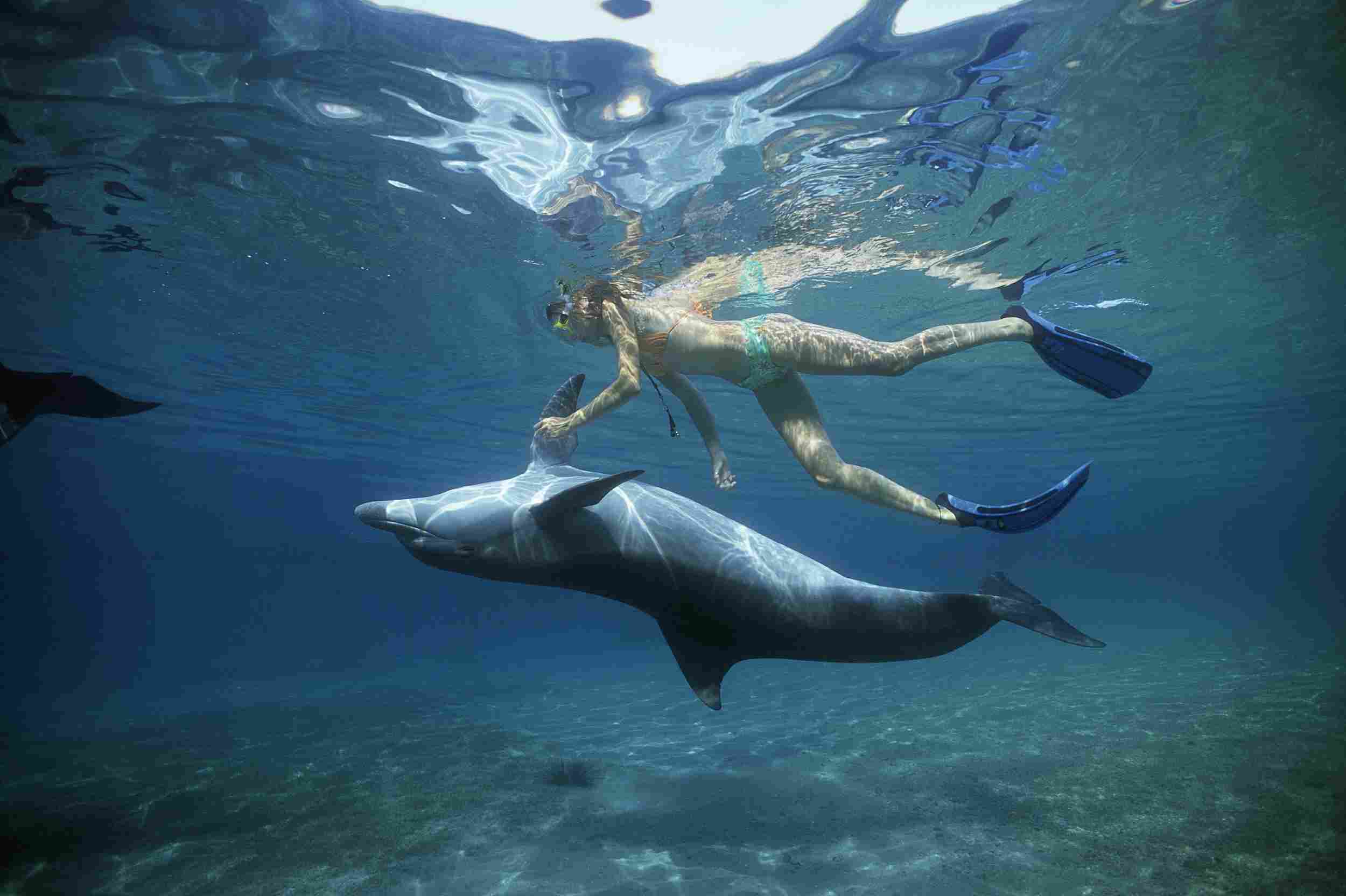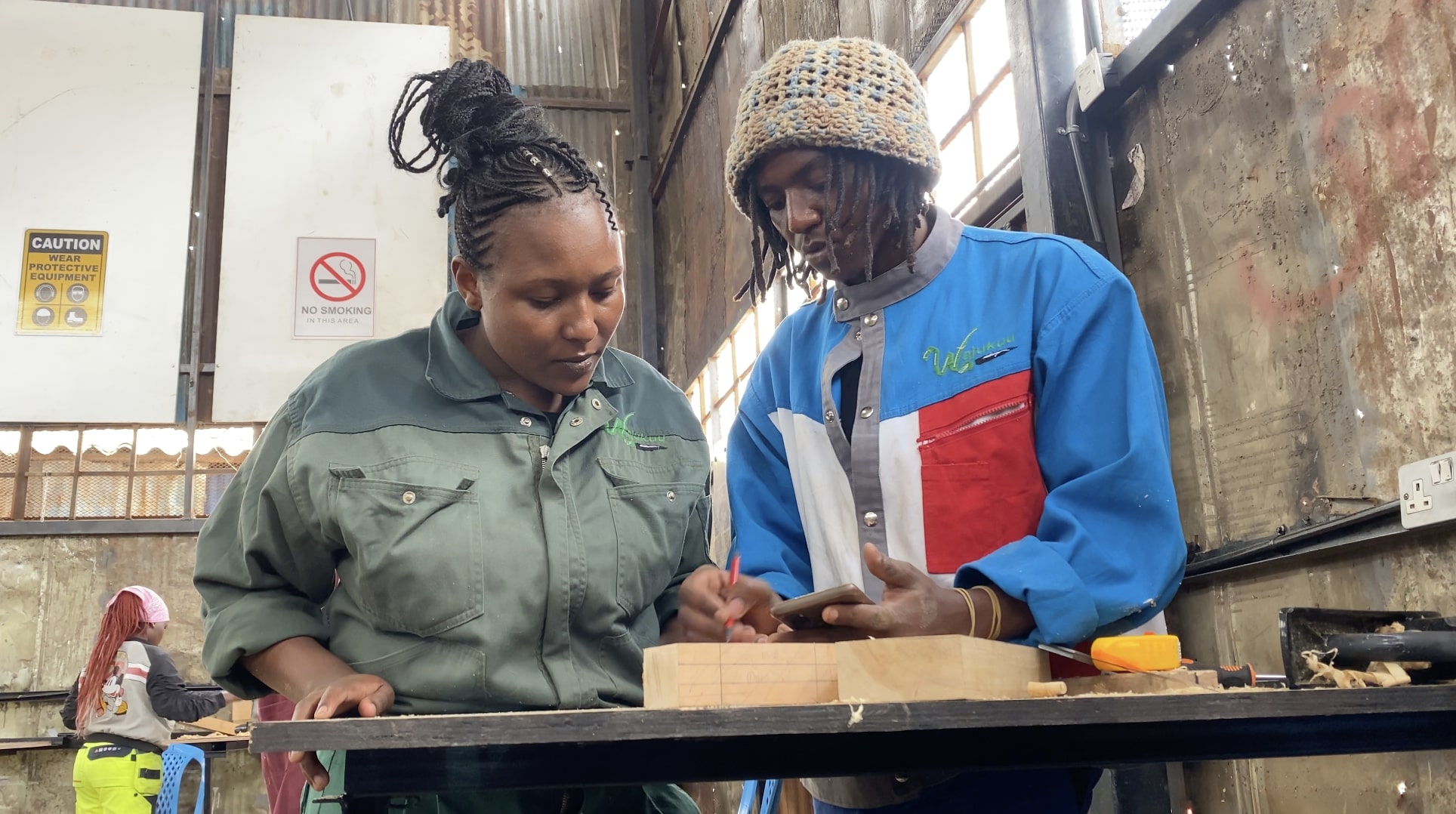
French scientists attempt to measure dolphins’ ‘happiness’

Are captive dolphins “happy?” That is the question animal rights campaigners always want answered.
French scientists working with dolphins at a marine park near Paris may first be assessed the level of happiness among such mammals as dolphins and were shocked with the results.
Researchers in France were able to figure out what level of happiness in dolphins is at a higher level when interacting with a person they met earlier.
The study came as part of a three-year project meant to measure dolphin welfare in captivity at Parc Astérix, a theme park with one of France’s largest dolphinariums. It’s the first effort to understand the subject from “the animals’ perspective.”
Lead researcher Dr. Isabella Clegg, with help from her colleagues at the University of Paris’ Animal Behavior Lab, has developed a series of experiments that considered the plight of the dolphins to determine how they feel.

The experiments included three settings. One was the control, in which the dolphins were left alone to do what they wanted. The second involved adding toys to the pool but leaving the dolphins alone. The third one included a human trainer who came in and played around with the animals.
These were primarily based on interpreting their body postures, activity levels, and other types of behavior. And the results show that “better human-animal bonds equals better welfare.”
However, Dr. Clegg denies that if the dolphins are actually happier in captivity than they would be in the wild. It can only tell people that dolphins in captivity really get a kick out of interacting with people.
The study at hand shows that we can make these animals enjoy themselves in our presence, but that does not clear the murky moral question of their captivity in the first place.
All this considered, it is undeniable that the whales and dolphins brought into aquariums from the wild have been invaluable to our efforts to understand these species. While not pleased with the situation, Dr. Clegg believes we should strive to make their lives as happy and enjoyable as we can.
The study paper “Looking forward to interacting with their caretakers: dolphins’ anticipatory behavior indicates motivation to participate in specific events” has been published in the journal Applied Animal Behavior Science.





